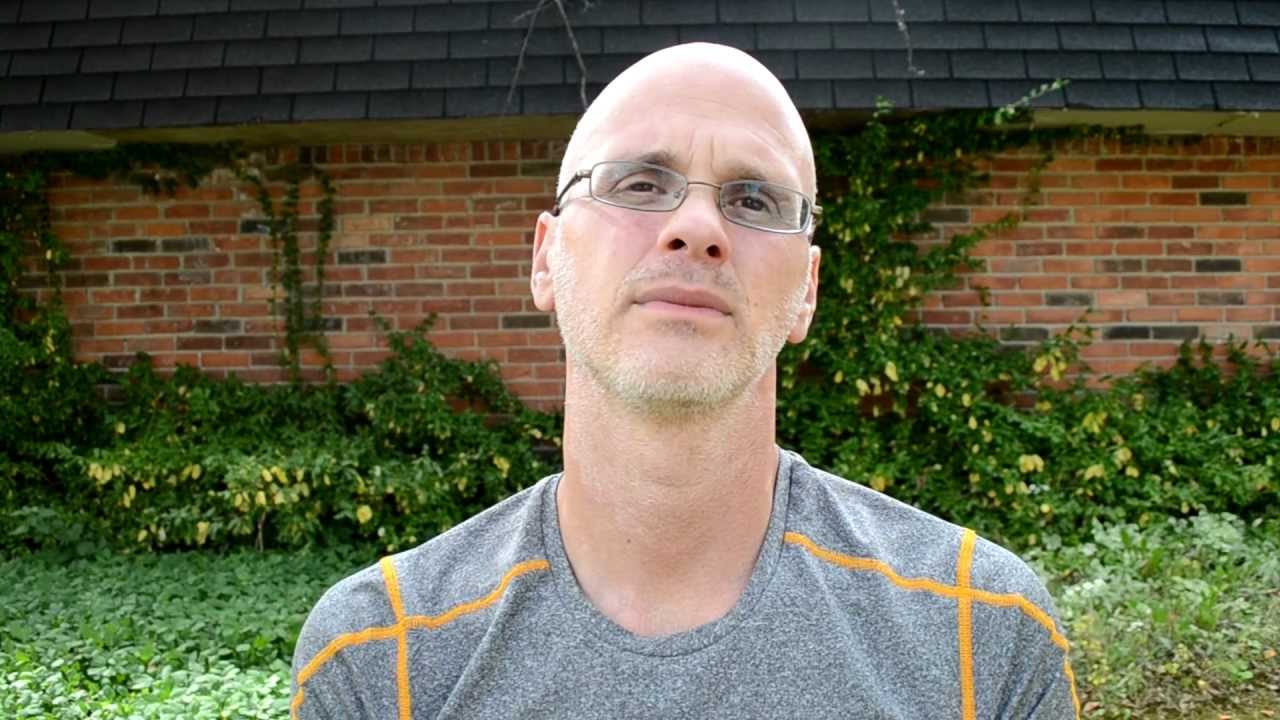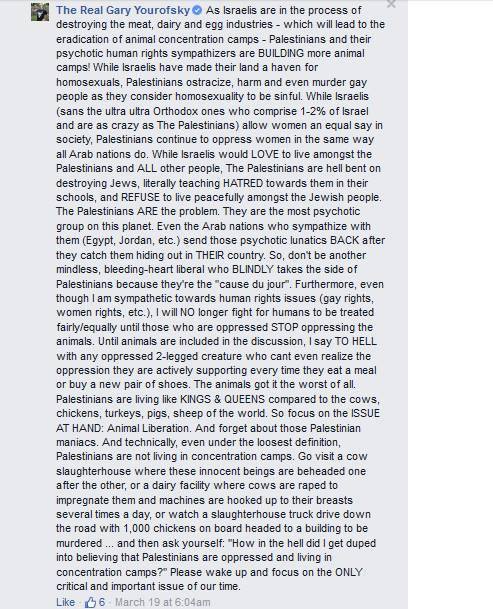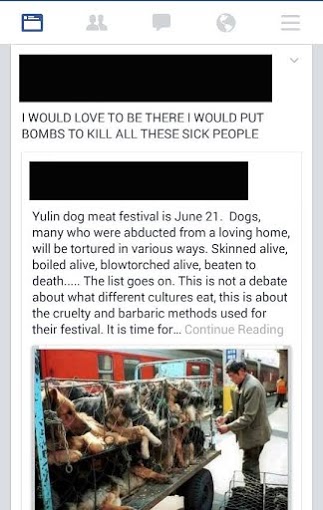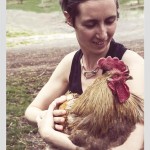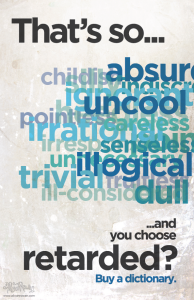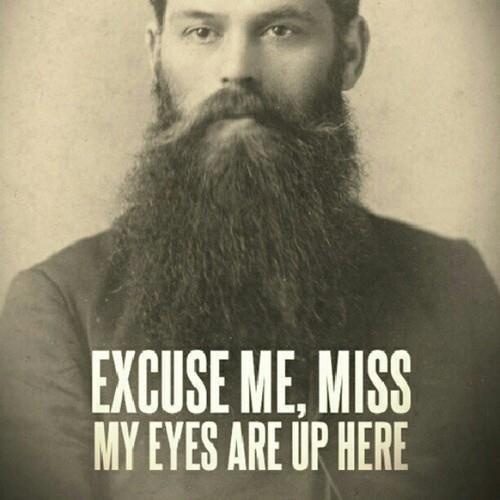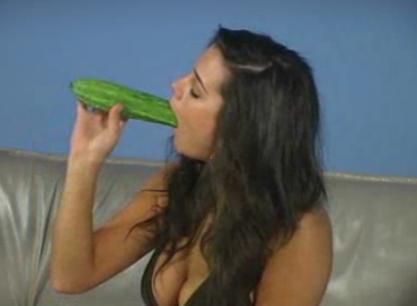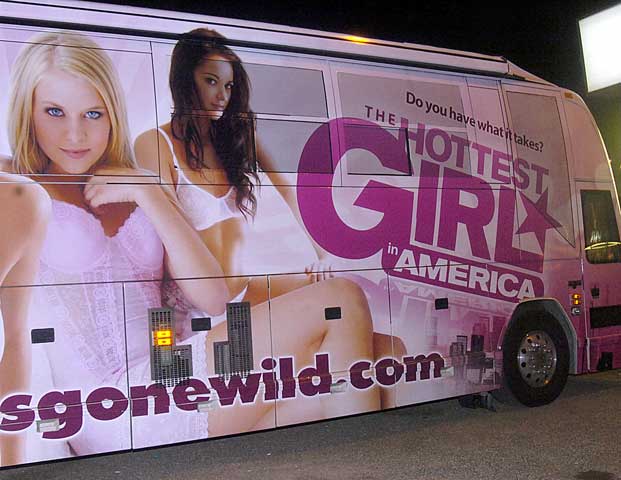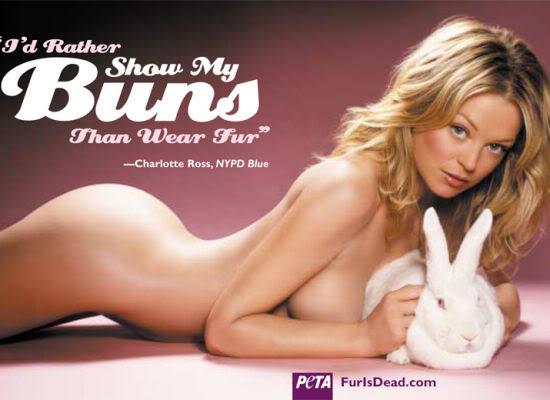| Translation by Christophe Hendrickx. See more French translations of critical vegan essays by grassroots activists by visiting his blog, La Pilule Rouge. The original English version of this essay can be found by clicking here. |
Il ne fait aucun doute, le mouvement pour les droits des animaux non-humains a été compromis par le sexisme et manipulé par le patriarcat. Ce n’est dorénavant plus juste PETA qui mène la danse : c’est un nombre incalculable d’autres organisations (comme Fish Love), de compagnies (comme LUSH), et de pornographes (comme Vegan Pinup). Qui plus est, cela s’est propagé aux interactions individuelles comme le montre la normalité croissante d’activistes masculins tentant de contrôler, manipuler, menacer, ou harceler les militantes féminines.
Beaucoup de féministes insistent sur le fait que les hommes ne peuvent pas être des féministes (et l’Organisation Nationale des Hommes contre le Sexisme est d’accord). Être féministe, c’est être une femme auto-identifiée se battant pour l’égalité féminine. Être une féministe demande une expérience directe de l’oppression de genre, car c’est cette expérience unique en tant que membre du groupe visé qui informera l’activisme. Les hommes qui s’offusquent de cette définition et qui demandent à être inclus ne font que mettre en évidence l’ubiquité du privilège masculin. Lorsque les hommes réaffirment ce droit, ils démontrent leur besoin d’être aux commandes et ils démontrent le patriarcat. Bien que les hommes ne pourront jamais entièrement se soustraire eux-mêmes des privilèges de leur genre, les hommes peuvent tout à fait être des alliés.
Et nous avons grandement besoin d’alliés dans le mouvement des droits des animaux non-humains. Ce qui est peut-être le plus à blâmer pour le sexisme et la misogynie rampante dans notre mouvement (au-delà de la nature oppressante du patriarcat) est la complaisance. Il est temps de déplacer la responsabilité sur les membres masculins de notre communauté.
- Ne Soyez Jamais Complaisants
Si vous êtes témoin d’une femme se faisant brimée, harcelée ou intimidée… exprimez-vous. Si vous restez silencieux, si vous « restez neutre », ou si vous prenez la défense de l’agresseur (ce que j’identifie comme « mentalité de la bande de mecs »), vous êtes tout aussi coupable de sexisme et d’oppression que l’agresseur.
- Demandez une Représentation Égale
Si vous participez à un projet qui est principalement mené par des hommes (ce qui est suspect considérant que notre mouvement est composé à 80% de femmes), demandez à savoir où sont les femmes et refusez de participer avant qu’elles soient incluses. Ce problème est également présent dans le mouvement athée/sceptique, et les féministes et leurs alliés ont très bien réussi à faire pression sur les organisateurs d’évènements pour améliorer les proportions de genre.
- N’utilisez Jamais la Carte du “Sexisme Inversé”
Les femmes, qui sont un groupe oppressé vivant sous un patriarcat qui privilégie les hommes, ne peuvent pas, de par la nature même de leur statut social, exercer de sexisme envers les hommes. Dire d’une femme qu’elle est sexiste (ou, pire, « misandre ») vise à rediriger l’attention du problème des hommes, un groupe privilégié qui n’est jamais remis en question, vers les femmes. C’est une tactique visant à détourner l’attention de l’oppresseur vers l’oppressée. C’est une tactique visant à réduire au silence.
- Ne Mansplainez (Mecspliquez) Pas.
Le fait est que, malgré la sagesse infinie et la formation approfondie que pourraient avoir certains hommes, les hommes ne connaissent malgré tout pas mieux les problèmes des femmes que les femmes elles-mêmes. Le mansplainingsemble avoir frappé notre communauté. Beaucoup d’hommes insistent pour tout expliquer aux femmes, du féminisme au viol, avec l’intention de dominer la conversation ou de remporter le débat. Les expériences personnelles des femmes sont complètement écartées et dévalorisées, quand bien-même ces femmes ont les qualifications irréfutables les appuyant. Le mansplaining n’aide pas, c’est oppressif et irrespectueux.
- N’Harcelez pas les Femmes
Bien que cela puisse paraître évident, le harcèlement dans notre mouvement est un véritable problème. A travers des interviews réalisées avec des militantes, Emily Gaarder, dans son ouvrage de 2011 Women and the Animal Rights Movement, a constaté que le problème était plutôt répandu. J’ai moi-même été victimisée par plusieurs hommes vegans qui m’ont harcelée au point de devoir presque appeler la police.
- Écoutez
La majorité des hommes ne savent pas ce qu’est être une femme, n’ayant jamais fait l’expérience d’en être une. Tout comme les personnes de couleur blanche ne peuvent jamais totalement comprendre ce qu’est être une personne de couleur, unhomme cis ne peut jamais totalement comprendre ce qu’est être une femme. On considère généralement comme condescendant et peu utile qu’une personne blanche prétende avoir toutes les réponses sur les difficultés que rencontrent les personnes de couleur. Je soutiens que la même chose s’applique aux hommes qui pensent pouvoir comprendre ce qu’est l’expérience féminine et qui se sentent également dans leur droit de privilégié de définir ou de valider le sexisme. Au lieu d’insister, « Ce n’est pas sexiste » ou « Tu exagères », essayez d’écouter. Tentez de comprendre d’où viennent les femmes, les problèmes auxquels elles doivent faire face, et les solutions qu’elles recherchent. De même, rappelez-vous de leur faire de la place. N’essayez pas de dominer la discussion et donnez de l’espace aux femmes pour qu’elles participent sans être noyées par votre voix.
- Ne Gaslightez pas
Le Gaslighting est un outil efficace de contrôle masculin, se manifestant généralement dans des cas de violence conjugale ou de violence psychologique. Le Gaslighting est une tactique visant à faire douter une femme sur sa réalité et ses expériences. Si une femme déclare avoir fait l’objet de sexisme, et que vous lui dites qu’elle en fait toute une affaire pour rien ou qu’elle « exagère », c’est du Gaslighting. Faire en sorte qu’une femme se sente « folle » ou qu’elle apparaisse comme tel aux yeux des autres est un moyen de l’affaiblir et de la contrôler.
- Surveillez Votre Langage
Il y a des centaines de termes féminins péjoratifs (et seulement quelques masculins) qui utilisent l’identité féminine comme une insulte. Ils visent à affaiblir. Par exemple, l’association « Defending Pitbulls against Peta » appelle la présidente de PETA Ingrid Newkirk une « vilaine sorcière » et Nathan Winograd insinue qu’elle est une malade mentale. Ces deux exemples ne sont que la continuité d’une longue histoire de femmes ayant été ostracisées, institutionnalisées, et même tuées pour avoir été des « sorcières » ou « folles ». La langue française est vaste et contient plus de mots que la personne lambda n’en utilisera, donc il n’y a vraiment aucune excuse pour utiliser des péjoratifs genrés à moins que l’intention est de s’appuyer sur le sexisme pour renforcer votre argument.
- Soyez Critiques envers la Violence
Dans son livre de 2006, Capers in the Churchyard : Animal Rights Advocacy in the Age of Terror, Lee Hall avance que les tactiques violentes sont indubitablement associées à l’expression masculine du pouvoir, de la bravade et de la domination. J’ajouterais que ces approches sont en grande partie anti-féministes. La violence privilégie l’expérience masculine et le contrôle masculin, et, en même temps, rabaisse la féminité et vise à effrayer. Dans un discours présenté lors d’une conférence de 2012 en Italie, « La Paralysie du Pacifisme : En Défense de l’Action Militante Directe et de la « Violence » pour la Libération Animale », l’orateur crie littéralement sur une salle pleine de jeunes militantes, les accusant de pacifisme et insistant pour qu’elles abandonnent la non-violence.
- Soyez Critiques de l’Exploitation Sexuelle
Si vous êtes témoin d’une situation dans laquelle des femmes sont encouragées à se dévêtir pour « la cause »… faites entendre votre voix. Le corps des femmes ne devrait regarder personne, mais nous ne pouvons également pas ignorer la réalité d’un mouvement qui, couramment, exploite et objectifie sexuellement les femmes. L’oppression des animaux non-humains ne peut être démantelée via l’oppression des femmes. Faites entendre votre voix, laissez un commentaire, envoyez un email, ou tenez un blog sur le sujet. Ne laissez pas s’étendre l’exploitation sexuelle sans broncher.
Prière de reconnaître que ces requêtes ne sont pas une attaque envers les hommes. Ce n’est rien d’autre qu’une tentative honnête de créer un espace sûr pour les femmes dans un mouvement qui devient de plus en plus dangereux et humiliant. Nous devons faire face à l’inégalité là où elle survient. Nous sommes de plus en plus conscients de la manière dont nous traitons les autres groupes à risque, et pourtant nous ignorons si souvent le sort des femmes. Pire encore, ces femmes qui trouvent le courage de prendre la parole sont accusées d’en faire tout un foin. C’est représentatif de l’enracinement du sexisme et de la misogynie. Lorsqu’un mouvement composé à 80% de femmes ne peut se libérer des chaînes de l’oppression féminine, nous devrions être sérieusement préoccupé·es. Mais la charge du travail ne devrait pas reposer entièrement sur les femmes, les hommes doivent également prendre leur responsabilité et s’efforcer d’être des alliés féministes vegans pour le bénéfice de tous et de toutes, hommes, femmes, humains, ou non-humains.
 Dr. Wrenn is Lecturer of Sociology. She received her Ph.D. in Sociology with Colorado State University in 2016. She received her M.S. in Sociology in 2008 and her B.A. in Political Science in 2005, both from Virginia Tech. She was awarded Exemplary Diversity Scholar, 2016 by the University of Michigan’s National Center for Institutional Diversity. She served as council member with the American Sociological Association’s Animals & Society section (2013-2016) and was elected Chair in 2018. She serves as Book Review Editor to Society & Animals and has contributed to the Human-Animal Studies Images and Cinema blogs for the Animals and Society Institute. She has been published in several peer-reviewed academic journals including the Journal of Gender Studies, Feminist Media Studies, Disability & Society, Food, Culture & Society, and Society & Animals. In July 2013, she founded the Vegan Feminist Network, an academic-activist project engaging intersectional social justice praxis. She is the author of A Rational Approach to Animal Rights: Extensions in Abolitionist Theory (Palgrave MacMillan 2016).
Dr. Wrenn is Lecturer of Sociology. She received her Ph.D. in Sociology with Colorado State University in 2016. She received her M.S. in Sociology in 2008 and her B.A. in Political Science in 2005, both from Virginia Tech. She was awarded Exemplary Diversity Scholar, 2016 by the University of Michigan’s National Center for Institutional Diversity. She served as council member with the American Sociological Association’s Animals & Society section (2013-2016) and was elected Chair in 2018. She serves as Book Review Editor to Society & Animals and has contributed to the Human-Animal Studies Images and Cinema blogs for the Animals and Society Institute. She has been published in several peer-reviewed academic journals including the Journal of Gender Studies, Feminist Media Studies, Disability & Society, Food, Culture & Society, and Society & Animals. In July 2013, she founded the Vegan Feminist Network, an academic-activist project engaging intersectional social justice praxis. She is the author of A Rational Approach to Animal Rights: Extensions in Abolitionist Theory (Palgrave MacMillan 2016).
Receive research updates straight to your inbox by subscribing to my newsletter.

